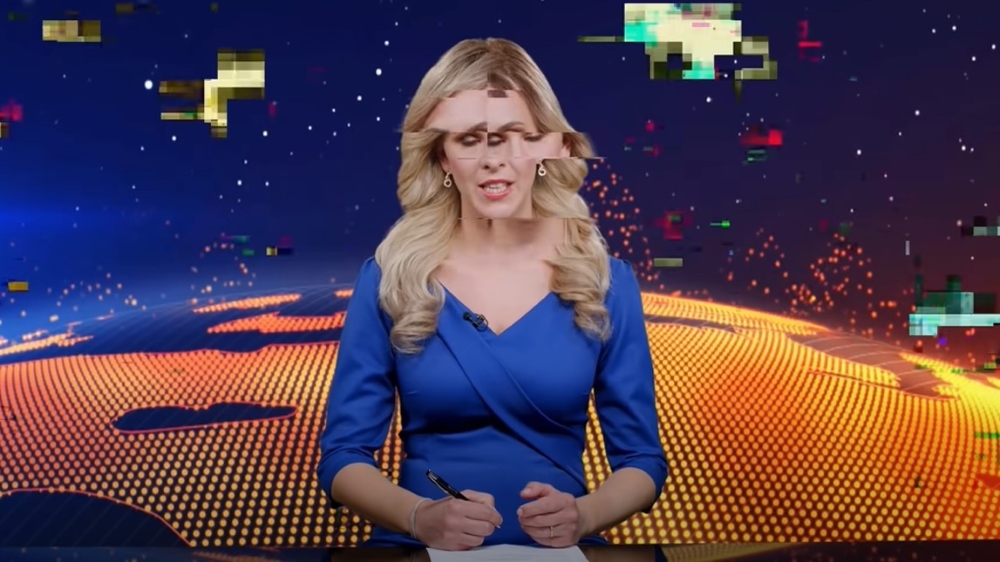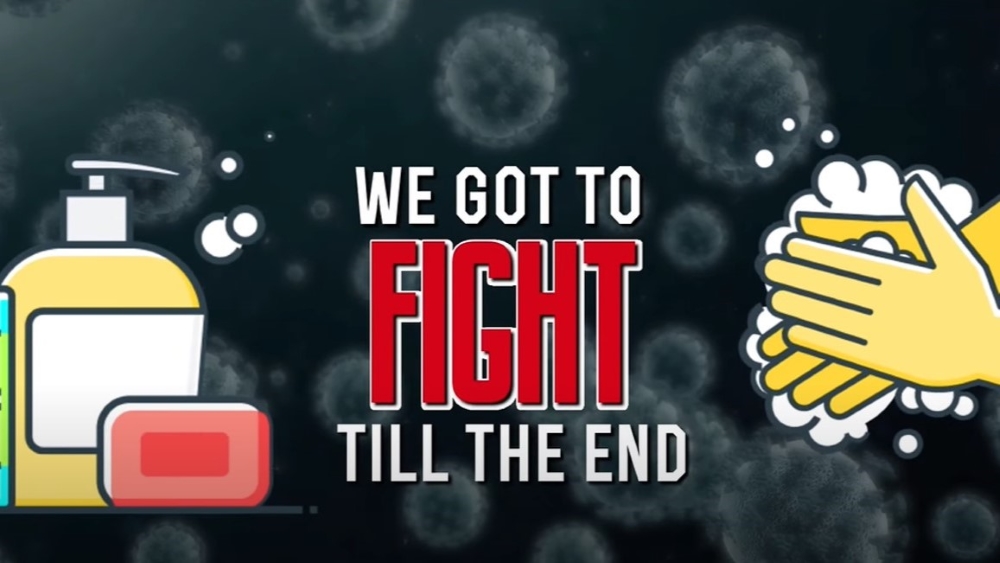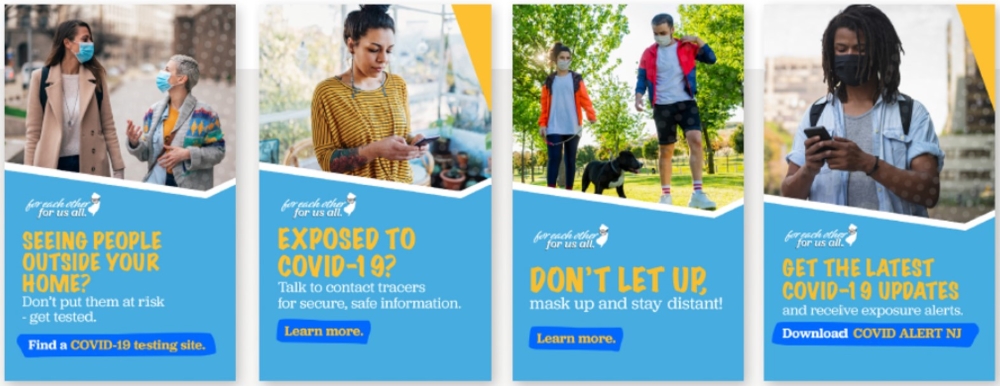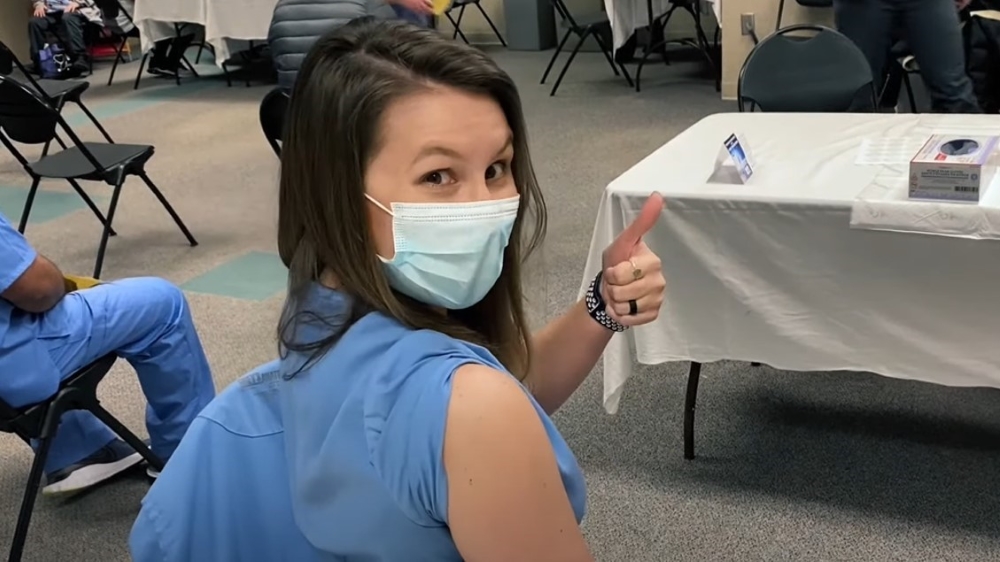Shortly before the winners of the Global SABRE Awards 2023 are announced, WARC’s Genevieve Silk looks back on campaigns from the 2022 Awards that responded both to the COVID-19 pandemic and to the equally dangerous outbreak of misinformation online about the virus and the vaccines.
When the COVID-19 pandemic rapidly spread across the globe in early 2020, the whole world set off on a race against time to produce an effective vaccine. However, developing the vaccine was only half the battle; convincing people to get it was a significant challenge in itself. What didn’t help this endeavour was the huge amount of misinformation online about the virus and the vaccine that was being spread click by misinformed click.
Below are five of the Global SABRE Awards that sought to tackle misinformation and encourage vaccine uptake.
Using deepfake technology to reveal misinformation
The internet is often hailed as the most important development in the history of human communication but the ability to share and receive information at a tap of the finger is truly a double-edged sword. As the COVID-19 pandemic took hold, so too did conspiracy theories, hoaxes and fake news. Mobile network O2 knew it could not stand by passively and watch as misinformation spread rapidly across Slovakia. Instead, it used deep-fake technology to its advantage and launched a campaign, through Zenith Media, Seesame and Free Andy Agency, to teach the public how to spot misinformation.
The #BrowseResponsibly campaign kicked off with a viral deepfake video of a TV news anchor purportedly claiming that face masks and vaccines don’t work, despite being a vocal proponent of them, before removing the deepfake technology to reveal the actress Krístina Tormová who called on viewers not to blindly believe everything they see online. The campaign directed the public to its website, where they were invited to take a media literacy quiz in exchange for unlimited mobile data, and shared the stories of former anti-vaxxers and conspiracy theorists who explained what changed their mind. O2 reached 2 million people (in a country of 5.5 million) and 52,000 people took the quiz.

Working with communities
As the pandemic spread, its effects were felt deeply among individuals, families and communities and the Mastercard Foundation, an NGO founded by banking brand Mastercard, stepped up to support communities across the African continent. As the months of the pandemic rolled by and people grew tired of following the official guidance, more and more young people, in particular, grew reckless and became more reluctant to follow the prevention protocols laid out by the WHO and Ministries of Health, resulting in a shift in the likelihood of contracting COVID-19 from the older generation to the younger.
Mastercard Foundation worked with individual communities to launch initiatives and worked with media organisations and digital influencers who were held in high regard by the young people of the community. The NGO on-boarded 14 community-based organisations to run initiatives in their respective communities and put together a training pack with COVID prevention measures and a call to action for young people to join the fight against the virus. The campaign led to a community engagement of 22.87 million and saw a media awareness of 72.2 million.

Reversing mistrust
One of the truths that became abundantly clear at the outset of the vaccine drive in the USA was that not all communities have an equal trust in the government and healthcare sector and that communities of colour often hold these institutions with mistrust. The root causes of this are likely the topic of multiple PhDs but suffice it to say that the State of New Jersey Department of Health knew it needed to engage directly with these communities to convince them of the COVID vaccine’s safety and efficacy.
The health department’s public awareness campaign, through Kivvit, worked with influencers from targeted communities to call on members of their community to receive the vaccine. As the months rolled by and many people were still vaccine-resistant, the health department turned the emotiveness of the campaign up by several notches with a gut-wrenching film Sorry, Mom, which was so hard-hitting that some platforms refused to support it. Nevertheless, the campaign generated 689 million impressions and, more importantly, was one of the most successful vaccination efforts in the country, with 4.7 million people in New Jersey receiving the vaccine in just over six months.

Sacrificing profit for the greater good
New Jersey was far from unique in the reluctance of many of its inhabitants to get the vaccine. Indeed, only 34% of people in the USA said they would definitely get the jab – a figure that severely threatened the prospect of a swift return to normality. Beer brand Budweiser sprang into action and sacrificed its 37-year Super Bowl advertising streak in favour of supporting vaccine awareness in the USA.
Budweiser kicked off its Super Bowl replacement campaign with its Bigger Picture film through Alison+Partners two weeks before the game and reallocated its Super Bowl budget to supporting vaccine awareness and education through one of the country’s biggest public health communications campaigns. The campaign generated over 6,000 broadcast segments, earned 32.1 billion media impressions and people who saw the film were 3.2% more likely to get the vaccine.

Keeping up morale
While working day and night to develop a vaccine at record speed, pharmaceutical brand Pfizer faced a second challenge: maintaining morale among its 80,000 colleagues across the globe. Media organisations worldwide were keen to report on Pfizer’s progress every step of the way but the company wanted its colleagues to hear about the fruits of their labour in real time and without having to get their news from an external source.
Working with MBooth Health and inVNT, Pfizer created a docuseries to provide an insider view of the vaccine’s progress, so that all colleagues could see the results of their hard work, and included insights from key leaders across the company. Then, when the vaccine had been in use for a whole year, Pfizer collaborated with concert pianist Elaine Kwon and musicians from around the world to bring to life Perfect Harmony – a private concert to thank each member of Pfizer for playing their “notes” with unity and precision to create something beautiful: the vaccine. Pfizer’s campaign was met very positively by its colleagues, generating over 40,000 reactions and over 8,000 people attended the live concert.
How we got back to where we were before
The days of strict lockdown, social distancing and compulsory facemasks now seem like a distant dream (or nightmare). COVID-19 will likely always be a part of our lives, but the fact that we’re now back to relative normal is thanks to the thousands of COVID response initiatives across the globe. Tackling misinformation about the virus and the vaccine and disseminating verified information were two ways that government bodies and brands helped pave the way back to the life we once took for granted.

